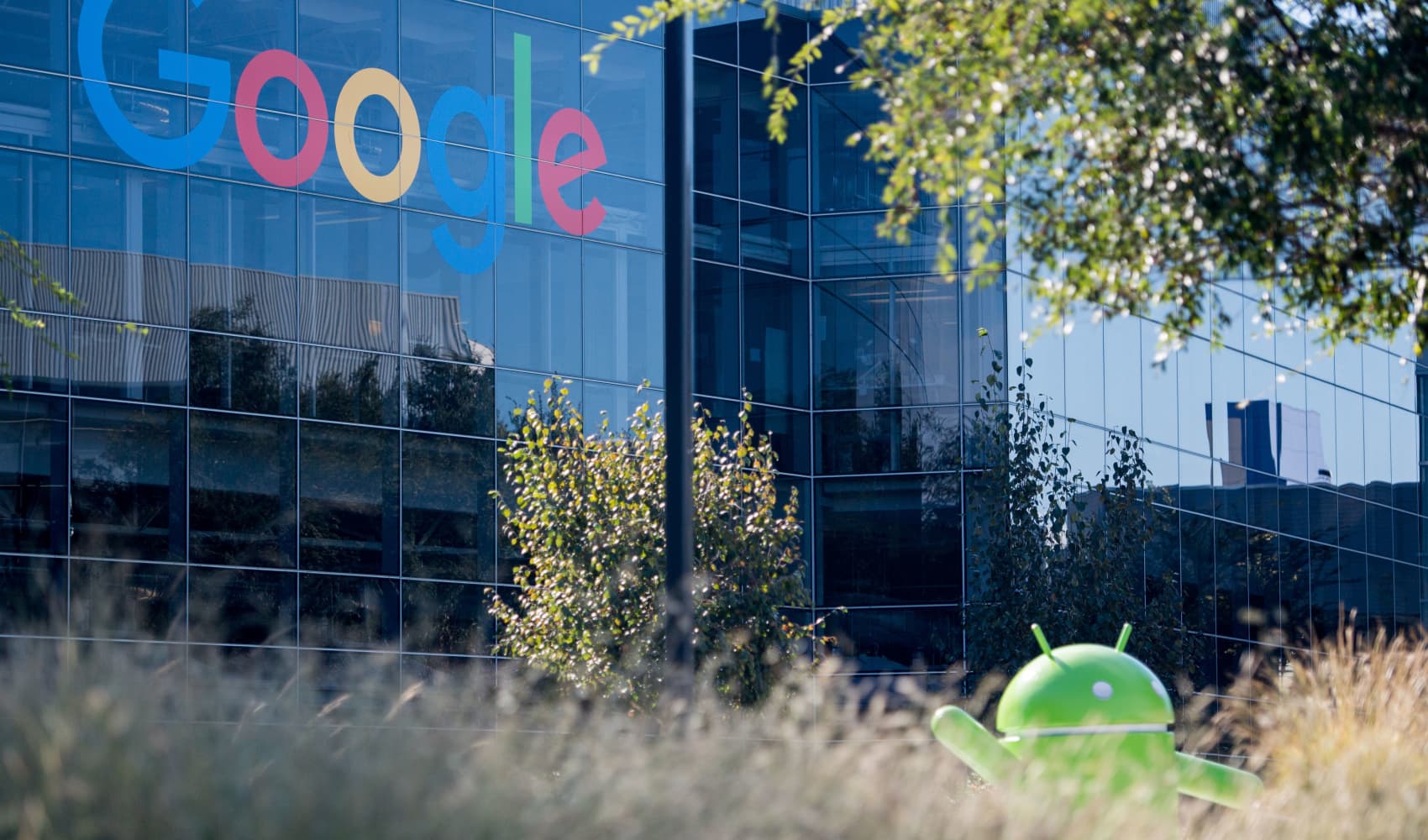
HR consultant Stefanie Fackrell has worked in talent acquisition for years. She was a recruiter at Google and Nvidia and worked in HR at Samsung. When scanning a resume, she looked for proof of success and accomplishments and a powerful summary that showcased what the person brought to the table.
Fackrell paid close attention to a candidate during the interview process as well, when they'd come speak to their prospective employer face to face or perhaps in that first phone screener with a recruiter. As far as that portion is concerned, she has one clear red flag: "People not coming prepared," she says.
It makes it seem like you're "not necessarily serious about this role or this particular company," Fackrell says. Here's what that looks like and how to avoid it.
Some job seekers think, 'I know everything'
To begin with, sometimes there's an element of overconfidence in some job seekers.
"A lot of people see a job opportunity, they see the title, they get the interview and they think, 'oh, I got this. I know everything,'" she says. As a result, many aren't researching what the company they're interviewing for actually does, who its competitors are, etc. They go in knowing very little about the position.
That's a problem because "what do you know about the company?" is "a typical question" that gets asked, Fackrell says. If you haven't done your research, you won't be able to answer it.
Money Report
Before you get on the phone or go in to meet your prospective employer, "read the company page, read a bit of news, read who the competitors are," says Fackrell. "That's the bare minimum."
'You can tell when people are just phoning in it'
Feeling out of the loop? We'll catch you up on the Chicago news you need to know. Sign up for the weekly Chicago Catch-Up newsletter here.
Another component of the interview you'll want to prep for is telling your career backstory.
"Every recruiter is going to ask you, 'so tell me about yourself,'" Fackrell says. "I think you should have a two-minute elevator pitch" prepared. This includes a bit of your career trajectory, what interests you and how your previous roles have led you to the opportunity you're interviewing for.
Throughout the interview process, "you may have to do your elevator pitch a few times," she says — so "practice, practice, practice." You can practice with a friend, a career coach or even with ChatGPT. The point is just to be ready to answer the question in the most succinct and relevant way.
With so many job interview questions covering fairly basic components of your history and the company you could be working for, "you can tell when people are just phoning it in," Fackrell says.
Want to land your dream job? Take CNBC's new online course How to Ace Your Job Interview to learn what hiring managers really look for, body language techniques, what to say and not to say, and the best way to talk about pay. Use discount code NEWGRAD to get 50% off from 5/1/24 to 6/30/24.
Plus, sign up for CNBC Make It's newsletter to get tips and tricks for success at work, with money and in life.






